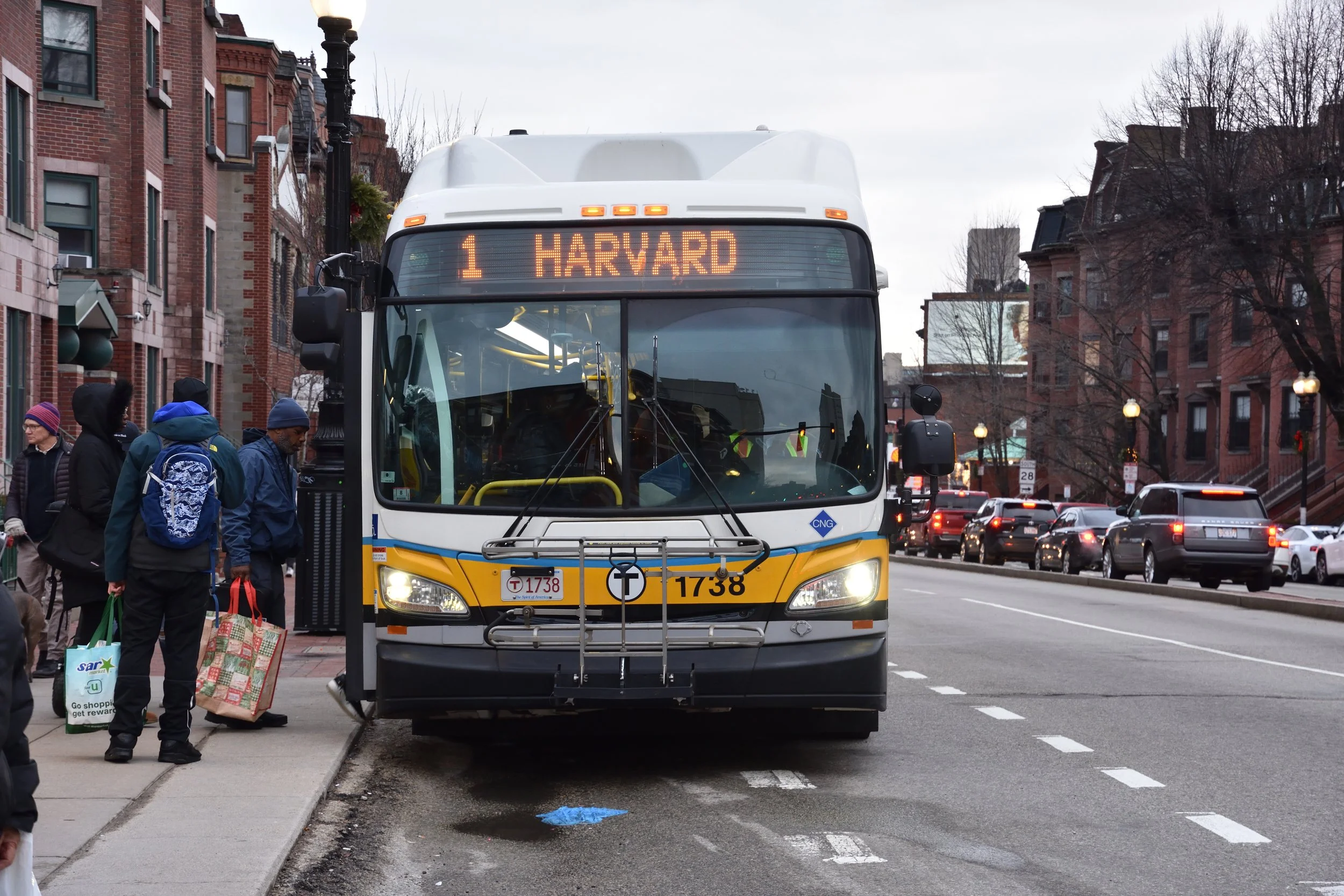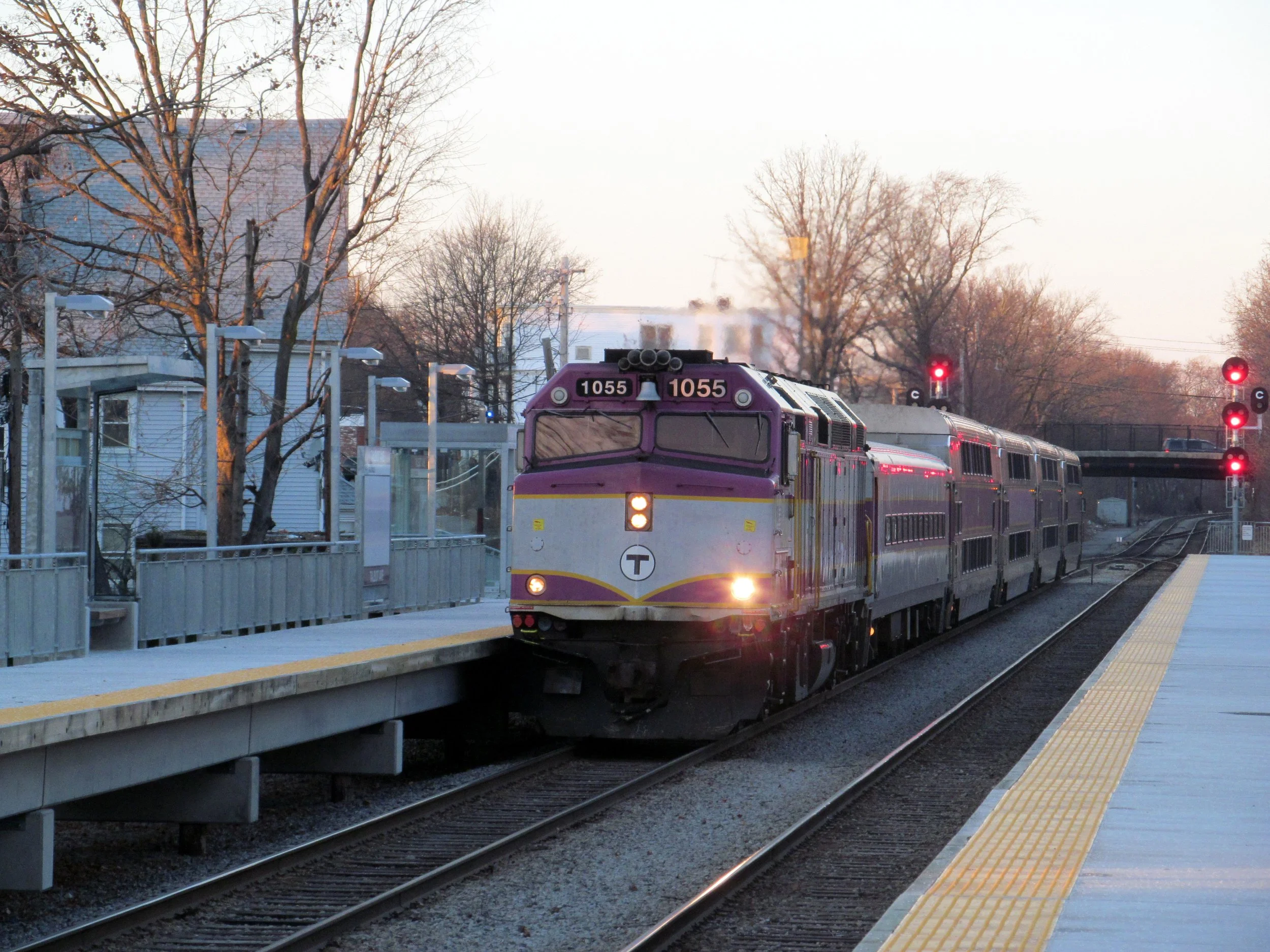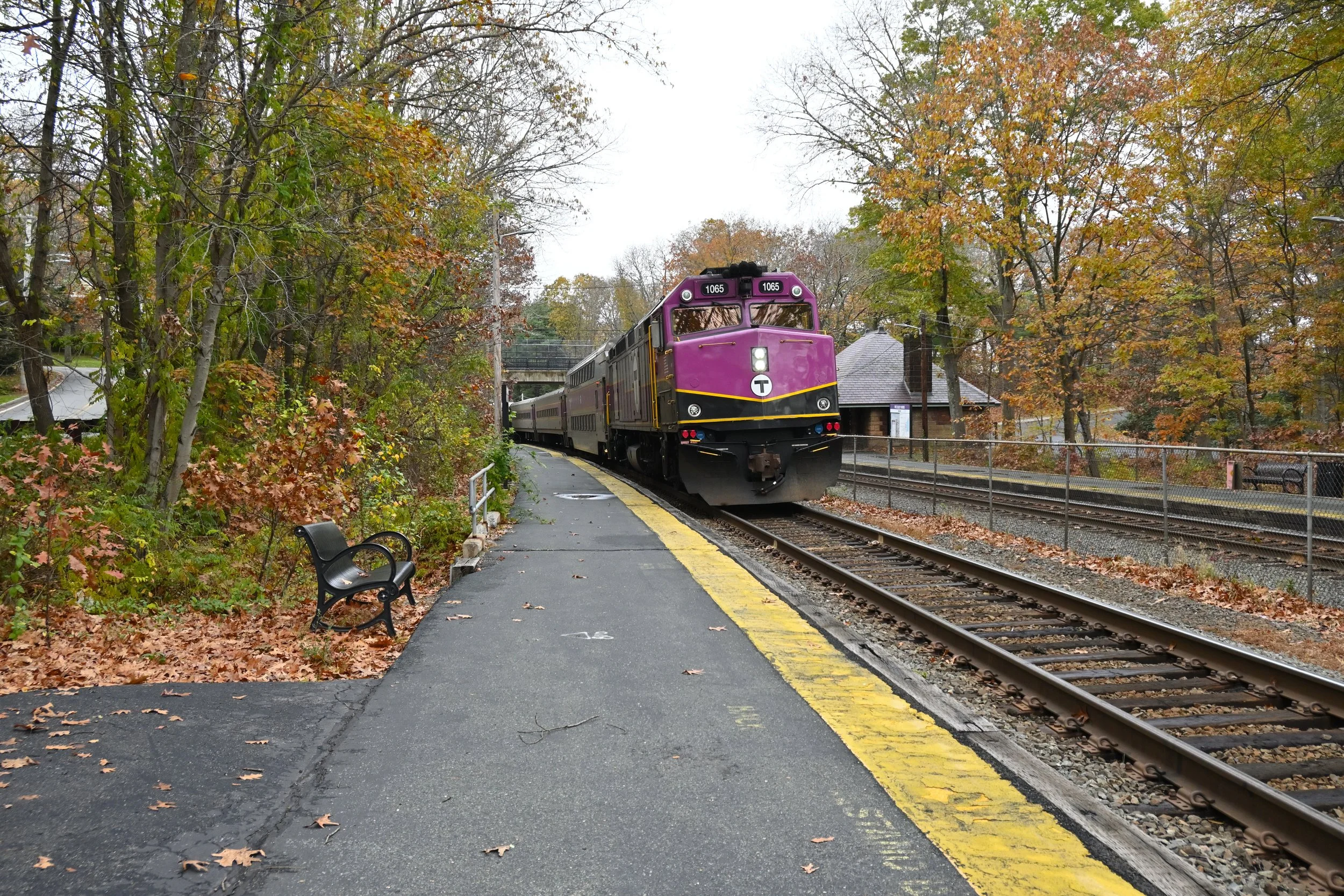Below is the full transcript of the public comment our Executive Director, Jarred Johnson, presented to the MBTA Board on September 28, 2023:
“Good morning Madame Secretary, and Member Skelton Roberts and Mayor Sisitsky, welcome and congratulations. Chair Glynn, members of the Board, General Manager Eng, and staff. Thank you for the opportunity to provide public comment.
I'm here to reiterate a point I've made before: riders and the broader public see an agency as dramatically worse than when this administration started. From abysmal headways that the agency is unable to adhere to, slow zones that have spread through the system like a pandemic, and a near-constant barrage of bad news related to the FTA engagement. And then the news of the unacceptable conditions of the newest billion-dollar piece of infrastructure. Confidence in the agency is at an all-time low.
I know that the challenges to turning this system around are incredibly daunting. I know that there has been progress. From the hiring of a transit professional—the first since Dr. Scott left—to the success with bus driver applications. The picture is not all bad. But for riders, this means nothing. It means nothing to a rider who has to lose money because of a dropped bus trip on a line with reduced service for nearly 2 years. Nothing to the former rider who has dealt with 15-minute rush hour headways for more than a year, but has given up hope on a system that has deteriorated to the point that it takes an extra 40 minutes.
Time for talk to become action. We can't recycle people or approaches that have failed us.
I hear a great deal about safety, but not how we got to this point. It's funding. 30 years of austerity means this agency doesn't have enough track workers to fix slow zones faster than they pop up. Not enough track workers to comply with FTA guidance. Not enough capital staff to oversee contracts. The previous way of doing business has failed. I hope, I sincerely hope that we have reached rock bottom.
This agency is quickly gaining a reputation as a punchline. More concerning is the reality of agency being a punching bag. The fervor and anger at the state of the system and where riders fall on the list of State House priorities is palpable. My fellow advocates and I could set a date a month from now and have 1,000 people marching on Beacon Hill, but I'm not sure it would matter because riders wouldn't have their agency behind me.
When will this agency advocate for riders? When will this agency ask for the emergency tools and legislation to fast-track hiring? To ensure that the surge in bus operator applications results in hiring? What will this agency do to prove riders who think service will never get better wrong? What can you do for riders let down again and again who don't care about the content of these PowerPoints?
When will this agency adopt radical transparency? It does not inspire trust to learn about the faults of the Green Line Extension from the Globe, which they learned about from our tweets. I don't think the FTA appreciated that either. When will see the long-promised 6-month surge schedule? When will we have signage with timelines up on walled-off staircases and waiting areas? When will the T have the bathrooms open or have enough ambassadors to hold buses when diversions make trains late? When will the T move with the urgency of an agency on the verge of a death spiral? When the administration show riders that they are as much of a priority as tax cuts?
People ask me why I give these comments or why I still believe the T can turn around. I want the leadership and this board to demonstrate that these meetings and comments are worthwhile and that you understand what is at stake here. We are ready to help, but we can't do it alone.”





